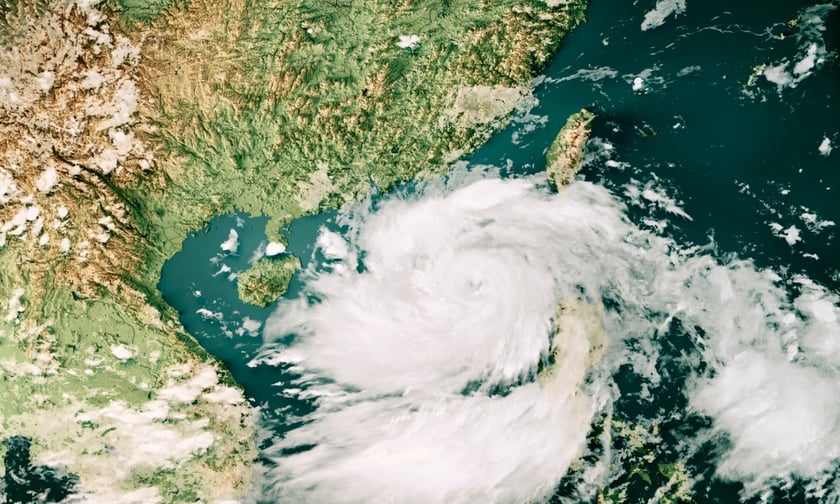Undersecretary general highlights the escalating need for humanitarian aid

The International Federation of Red Cross and Red Crescent Societies (IFRC) has announced a historic milestone in humanitarian finance: for the first time, the Disaster Response Emergency Fund (DREF) has triggered an insurance payout due to rising demands for disaster relief surpassing its established deductible threshold.
The IFRC-DREF is a funding mechanism designed to provide immediate assistance to National Red Cross and Red Crescent Societies during disasters, particularly for smaller emergencies that might not receive global attention. According to a news release, the fund often faced challenges with depleting resources before the end of the year, prompting the IFRC to pursue an innovative solution. The IFRC secured an indemnity insurance policy with global broker Aon and its reinsurers.
Since early 2023, the DREF has been insured on an indemnity basis for an annual premium of CHF 3 million (approximately $3.4 million). The insurance policy allows for a potential payout of up to CHF 15 million ($16.8 million) when demands on the DREF related to natural hazard disasters exceed a deductible threshold of CHF 33 million in a calendar year. Once this threshold is surpassed, the commercial insurance will cover further demands on the fund.
Threshold reached for the first time
In 2023, the deductible threshold was not met, and the policy did not pay out. However, 2024 marked a turning point as the combined allocations responding to various natural hazards, particularly the recent Super Typhoon Yagi in Asia, pushed the DREF spend over the CHF 33 million mark. By the end of September, nearly 100 separate allocations had been made through the DREF, underscoring the escalating need for humanitarian aid.
Nena Stoiljkovic, the IFRC’s undersecretary general for global relations and humanitarian diplomacy, announced the payout at an event coinciding with the United Nations General Assembly in New York.
“The triggering of the IFRC-DREF insurance policy is a significant moment,” Stoiljkovic said. “For the first time ever, a single, worldwide commercial indemnity insurance policy will pay the emergency humanitarian costs of disasters.”
Stoiljkovic emphasised the sobering scale of needs resulting from the disasters of 2024, adding, “The fact the insurance is helping with the burden is good news and proof that there are innovative finance solutions that we hope to grow in coming years.”
Looking forward, the IFRC plans to expand its DREF insurance coverage beyond natural disasters to include responses to epidemics and anticipatory actions. The organisation aims to encourage grant donors to recognise the added value of contributing to the DREF fund, especially in particularly calamitous years where their humanitarian contributions could potentially be amplified through this innovative financing model.
As climate change continues to escalate the frequency and intensity of natural disasters worldwide, such measures will be critical in ensuring timely and effective humanitarian assistance.
What are your thoughts on the impact of climate change? Share your comments below.
Related Stories
Keep up with the latest news and events
Join our mailing list, it’s free!

